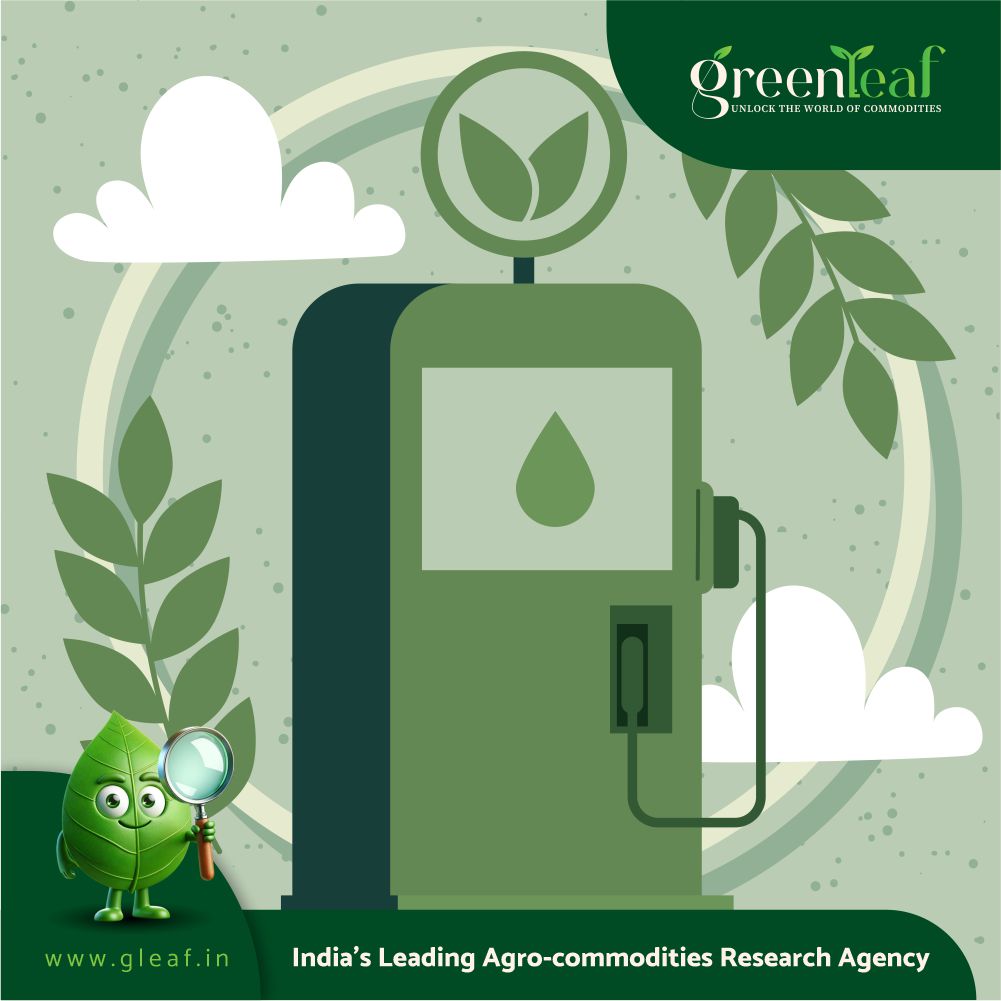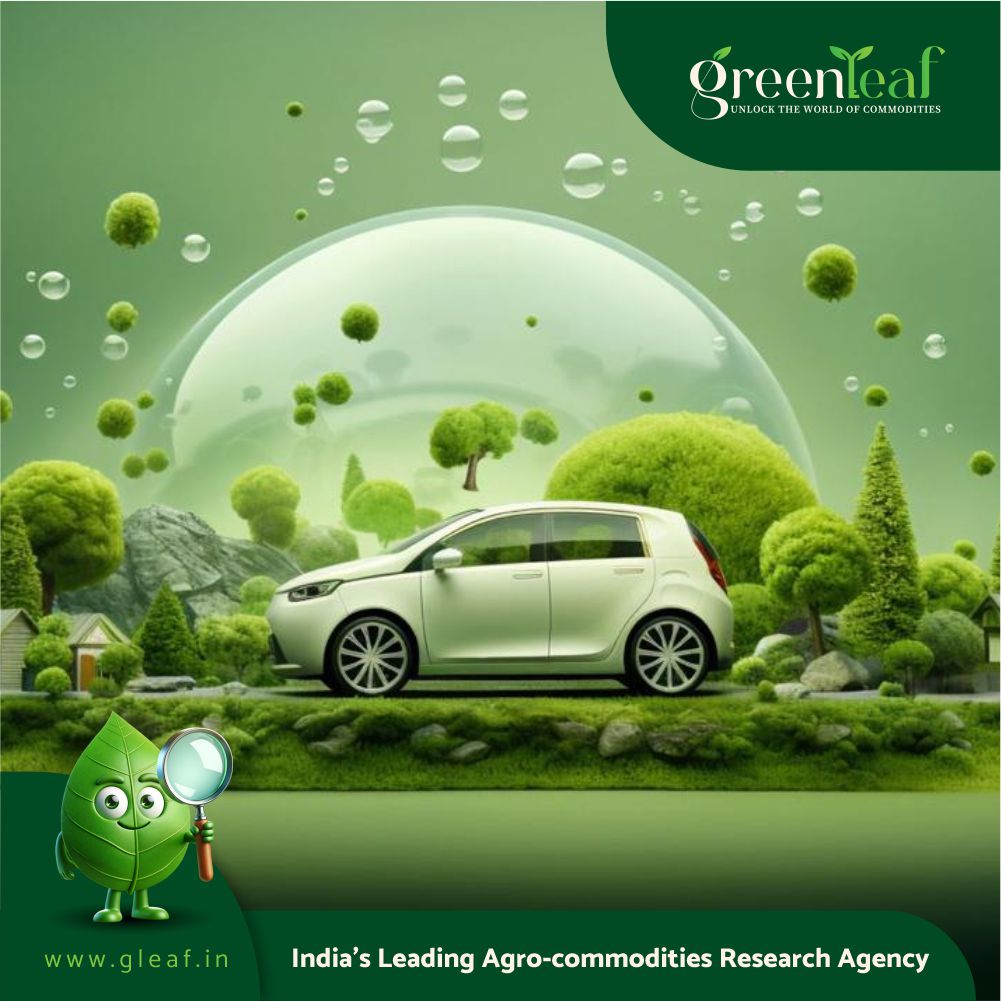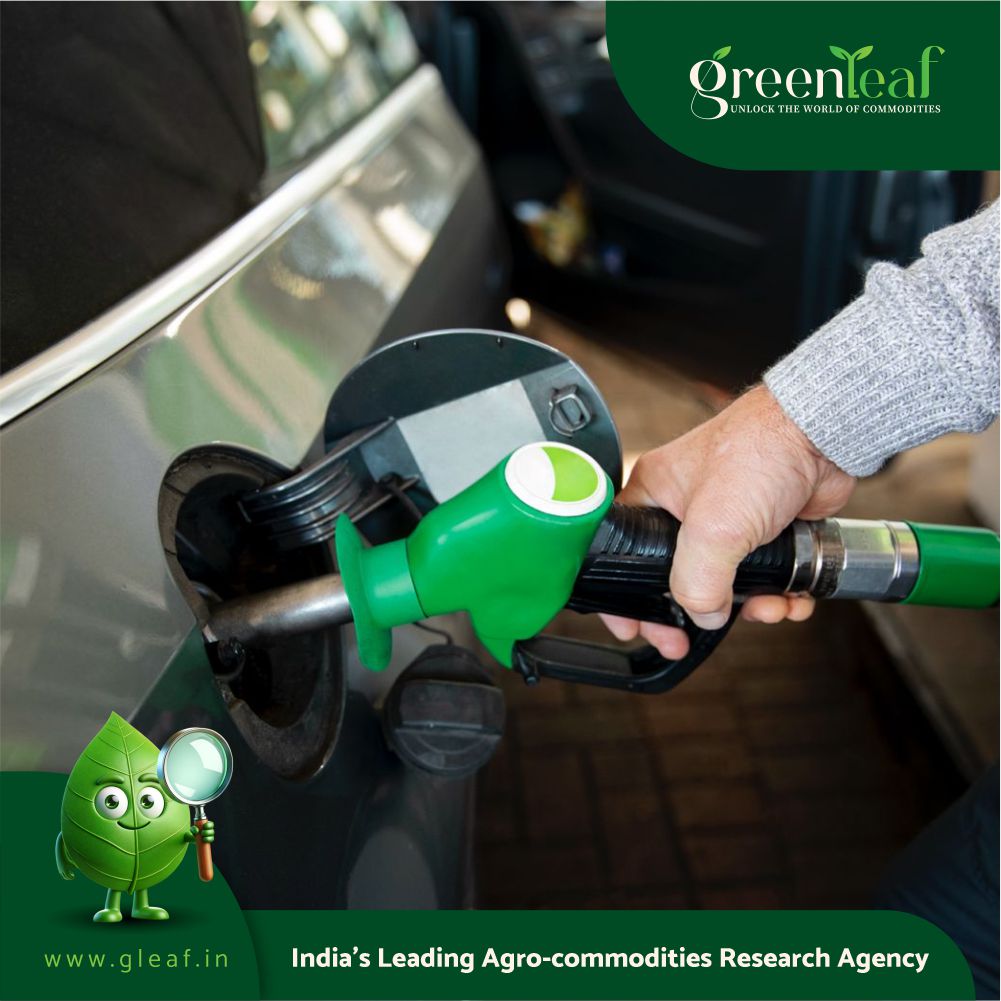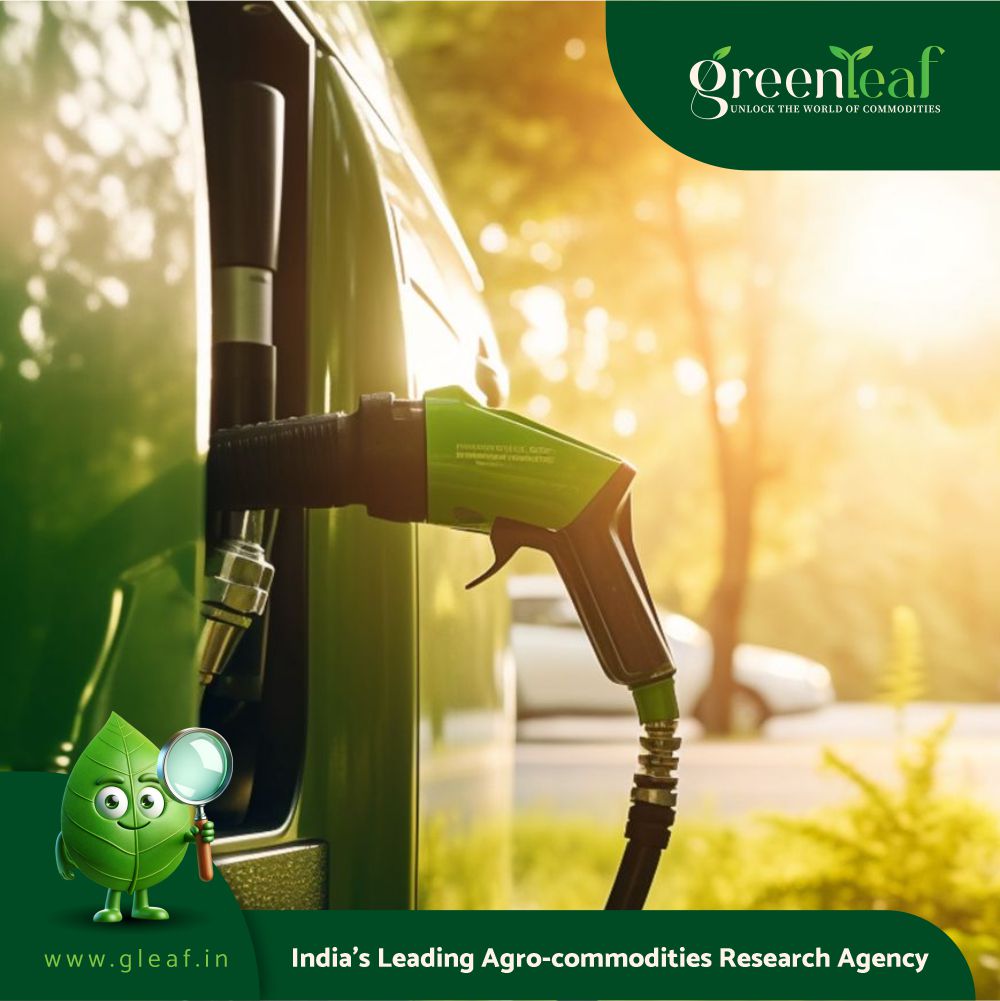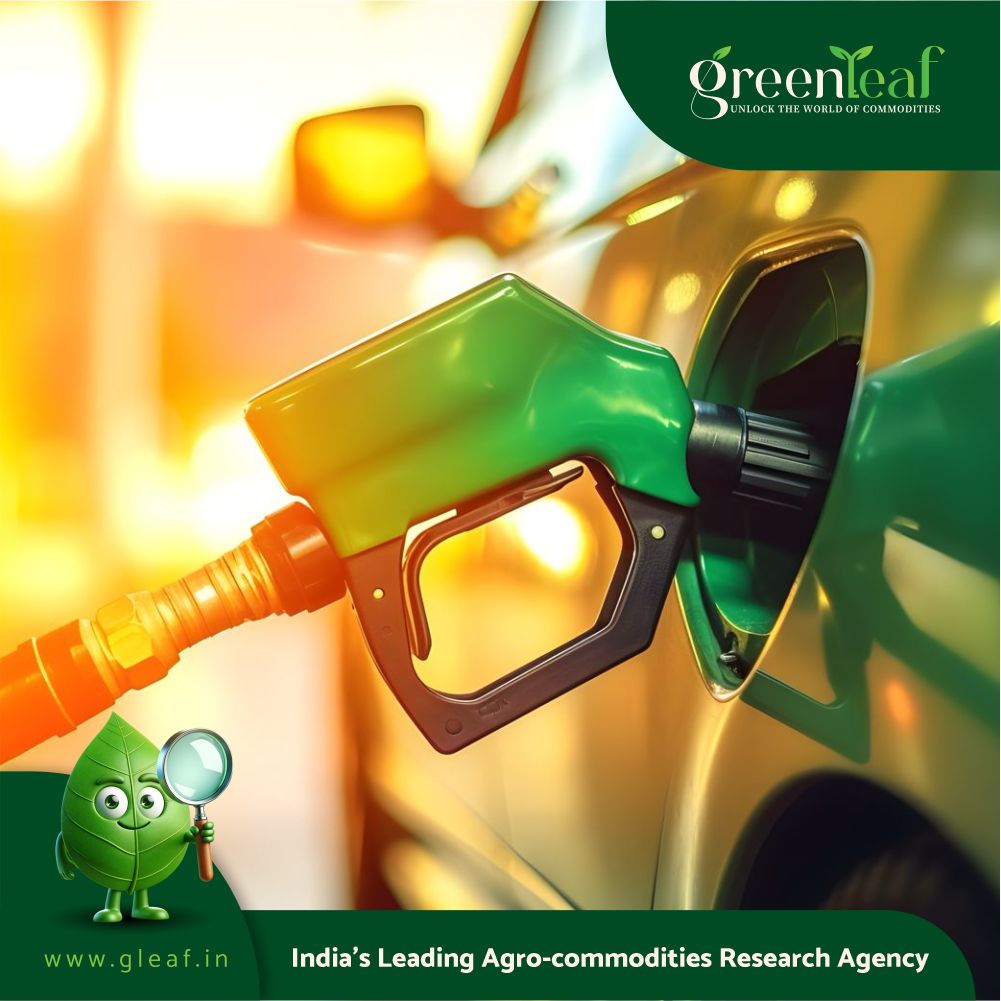Tests show that older vehicles are not damaged in any way by using a new petrol blend with a higher 20% of ethanol, Minister for Road Transport and Highways Nitin Gadkari said on Wednesday (August 6, 2025), blaming the social media outrage against the new E20 blend on a “political conspiracy”, possibly fuelled by petrol lobbies.
Speaking at The Hindu Mind event, a conversation series in the national capital, Mr. Gadkari emphasised that making the switch to bio fuels helps put the country on the path to self-reliance by cutting oil imports, and also reduces pollution and saves farmers’ lives by ensuring they receive higher value for their crops.
While new E20-tuned vehicles have started rolling out from April 2025, existing owners are concerned about the impact on their older vehicles and a surge in maintenance costs. “Pune-based Automotive Research Association of India (ARAI) has tested old vehicles on a total distance of one lakh kilometres and not found any problems,” the Minister said.
Reduced import costs, pollution
Asked whether the cheaper ethanol variant would result in lower petrol costs for the end user, given that there is also a 5% to 6% drop in mileage, Mr. Gadkari said that determining petrol prices was not under his domain. While he acknowledged an impact on vehicle mileage, he enumerated several benefits that accrue to the country due to the transition to E20, a fuel blend that comprises 20% ethanol produced from plant products such as sugarcane, rice, and maize, and 80% gasoline.
“From an economic point of view, the country spends ₹22 lakh crore on fossil fuel imports and the automotive industry is growing and imports are too. There are also concerns over rising levels of pollution. Thirdly, our push for alternative fuels and bio fuels places the country on the path to Atmanirbharta [self-reliance].”
He reminded the audience that the transition to blended ethanol started in 2001, when Atal Behari Vajpayee was the Prime Minister, when the then-Petroleum Minister sent a delegation to Brazil, of which Mr. Gadkari was a part.
‘No vested interest’
Allegations have also been made on social media about the Minister’s “vested interest” in promoting ethanol blending because of his family’s ownership of sugarcane companies such as the Purti Group.
“This is a deliberate misinformation campaign. We have identified an organisation that is dialing phones and talking to people [to write posts on X]. It is possible that this is a political conspiracy. It is common in politics,” Mr. Gadkari said emphatically. “Vajpayee ji started ethanol blending in 2001. Did he do it at my behest?” he asked.
He said that his family-owned companies are running at an annual loss of ₹30 crore, claiming that despite advice to shut them down, he continues to remain invested because of his own passion. These firms only generate a mere 1.3 lakh litres of ethanol, which is too small a quantity, he said.
“If I promote electric or hydrogen or flex engine car, does it mean I manufacture those? I promote various alternative and biofuels so that import and pollution goes down, farmers don’t commit suicide, and we fulfil the dream of the Prime Minister of atmanirbharta [self reliance],” Mr. Gadkari said.
He emphasised that ethanol blending would strengthen the rural economy.
“The contribution of our country’s farmers to the GDP is only 12%, while their population is 65%. When we used corn to produce ethanol, the market price rose from ₹1,200 to ₹2,600 because of which there was a 3X increase in corn cultivation in Bihar and UP, and farmers also benefitted from the higher value.”
To a question from the audience on whether vehicle owners could choose whether they wanted E20 instead of E5 — as in the case of Brazil, which allows consumers a choice between different gasoline blends and pure ethanol — the Minister said that India was still at a nascent stage of its transition to bio fuels unlike Brazil, which has over 80 years of experience. It will take another seven to eight years for stability and clarity, he said.

